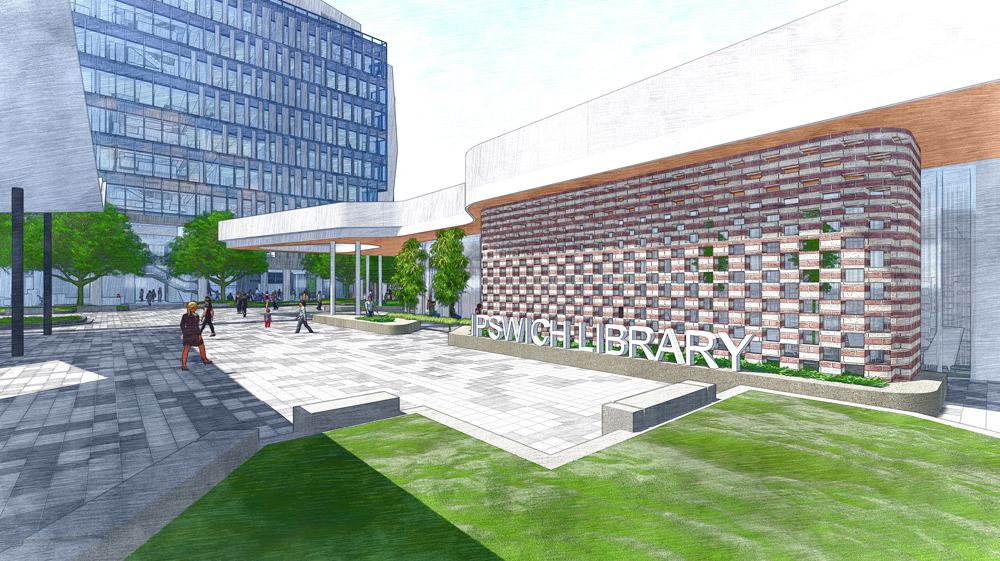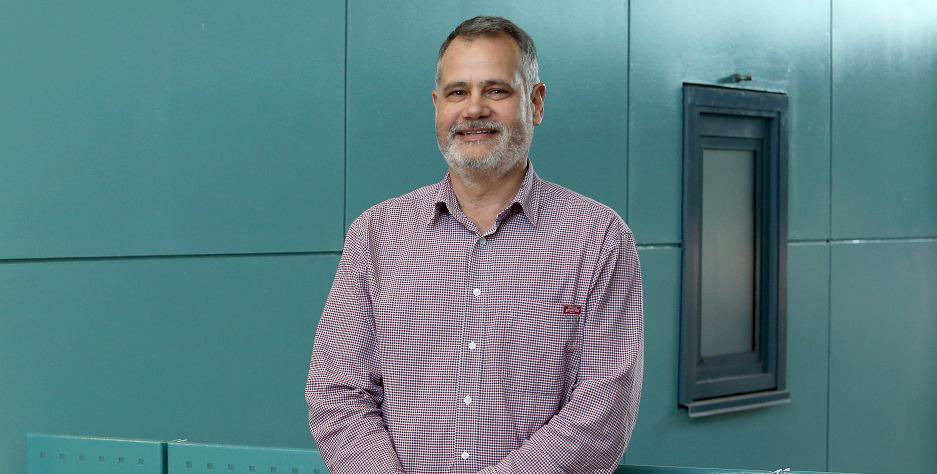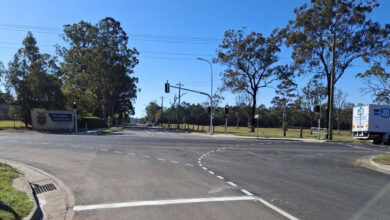Next year, Ipswich City Council will enter a brave new world.
The 28 March 2020 local government elections will see a new mayor and the reintroduction of councillors to the City of Ipswich.
The exact shape and makeup of council has yet to be determined by the state government, but that should become clear in the next couple of months.
When I was appointed to this role in August 2018, significant changes were needed across the council, and with some urgency. There was a lot to do in the relatively brief period of 19 months.
While there were 1200 staff committed to delivering quality services to the Ipswich community, the council “ship” definitely needed to be turned towards a different direction, one that is based on the principles of accountability, effectiveness, efficiency and – most importantly with all of these – transparency and ethical and legal behaviour.
As part of that, I had to oversee a change of focus in terms of council finances. Without doubt, money had been wasted, lost, unaccounted for, frittered away and, in some instances, completely mismanaged.
One of my aims is to help get council budgets back on track.
Laying foundations for a bright future
As Interim Administrator, I feel obliged to provide a recommended path forward for the elected councillors beyond March 2020 by laying out a responsible long term financial plan: savings for ratepayers and residents, a council sticking to its budget, and continued growth across the region, which had been unprecedented in recent years.
Together with my interim management committee, council’s CEO David Farmer and executive leadership team, we have come up with a strategy that aims to “normalise” property rates in Ipswich to be more comparable with other Southeast Queensland councils.
The cornerstone of the strategy is a long term financial plan to progressively and rigorously hold the city’s average property rates increases below the Consumer Price Index (CPI) for at least the next five, possibly seven, years.
Once average rates are more comparable with other Southeast Queensland councils, rate increases would then be generally set at or around CPI.
The 2019-20 Budget I am delivering today includes an average rates rise for Ipswich below the current CPI of 1.5 per cent. That is significantly less than the 2.5 per cent rates increase delivered by council last year.
We are setting out a thorough price path for this organisation for the future.
This vision is akin to current Federal Government strategies to deliver 10-year budget plans for the nation.
In Ipswich’s case, it is aimed at the 82,000 ratepayers – about 2400 non-residential – and an overall population, which recently topped 220,000 and will more than double within 15 years.
Prioritising important needs of the city
I can assure residents that the significant rates decrease from last year does not mean normal services will be cut by council to the Ipswich community.
We are still very much in the business of rates, rubbish and roads. But on a grander scale than some of our neighbouring local government authorities.
There will be substantial cost savings in some areas, but I see it more as driving efficiency within this organisation and providing better value for money.
Council will continue to deliver those first-class services to everyone.
The budget prioritises the important needs of the city.
It allocates money to projects which will enable council to get the job done and to ensure the city is meeting demands imposed upon us all by rapid growth.

The Nicholas St precinct, which includes a new library, will be a major focus in the coming 12 months.
Ipswich is one of the fastest growing councils in Australia. The city ranks near the top in Queensland in terms of growth and in the top 10 nationally.
Economic prosperity and jobs, good roads, an improved public transport system and public infrastructure are important components which help the city provide for its constituents.
With this sustained growth trend, we must ensure we have services and infrastructure to cope with the surging population.
With that in mind, this is a progressive budget, yet responsible. It retains a reasonable surplus, yet addresses compelling needs such as the completion of the Nicholas St development in the CBD, of which $111m has been allocated.
Work is progressing quickly there and the community will start to see the first fruits in early 2020.
Keeping one eye on the future
The budget ensures the council is delivering basic needs such as waste collection, but also looks to the future as council seeks definitive answers to solving the city and region’s waste issues.
Together with five other SEQ councils, Ipswich is seeking to find feasible and progressive methods of resource recovery and waste disposal services.
We need waste solutions that are both environmentally sustainable and commercially astute for the city’s ratepayers.
We look ahead to further development in the master-planned communities of Springfield and Ripley, while council has committed to produce the business case for a Springfield-Ripley-Ipswich Central rail link.
Our role is to make it absolutely clear to the state and commonwealth governments in a factually based and compelling business case that this rail link is absolutely essential for the city and needs to be funded sooner rather than later.
Some of the infrastructure highlights include the $6.8 million Rosewood Library, the new Brisbane Lions stadium and training facility at Springfield – also available for significant community uses, the CBD’s new Health Precinct, and of course redevelopment of Ipswich Central.
There is key capital investment in improving roads, including major thoroughfares such as Brisbane Street, Old Toowoomba Road, and the Marsden Parade realignment.
Addressing governance concerns
This budget addresses long-overdue governance concerns, yet paves the way for future councillors to develop a healthy, active and engaged community.
One of the major features for 2019-20 is the community donations program, with $400,000 of ongoing funding to ensure community organisations get access to vital financial assistance from council.
We are proud to deliver this new program and remove the stain of the old “discretionary funding” scheme which essentially allowed the former mayors and individual councillors to distribute council funds to various groups without proper process.
There will be no more memorabilia bought with ratepayers’ money.
Providing financial assistance to legitimate community organisations who are providing valuable community services is in my view a core role of local government.
This new community donations program is a much fairer, accountable and transparent process that brings it into line with other councils across Queensland and the nation in terms of proper governance.
Today also sees the first gathering of the city’s new community reference groups – where 100 members of the Ipswich community will sit on five separate reference groups and provide valuable ideas and advice to council going forward.
They will be the eyes and ears of the people and we can draw on this vast local knowledge base, give more people a voice in the decision making process of council and ultimately make council better.
It is just one of many measures and improvements introduced over the past nine months to take council and the City of Ipswich forward. I think it puts this city in a strong position and one that will restore faith and confidence in the future leaders of this city.
Helping Ipswich be the best it can be
All in all this budget delivers everything the community needs for now.
It is not a back-to-basics, not a business-as-usual or a build-it budget. It is a rational and disciplined budget based on strategies for this wonderful city to be the best that it can be.
Thank you to my interim management committee, council CEO David Farmer and council’s corporate services team for your advice to me and your dedicated hard work on preparing this budget.
Also read:


